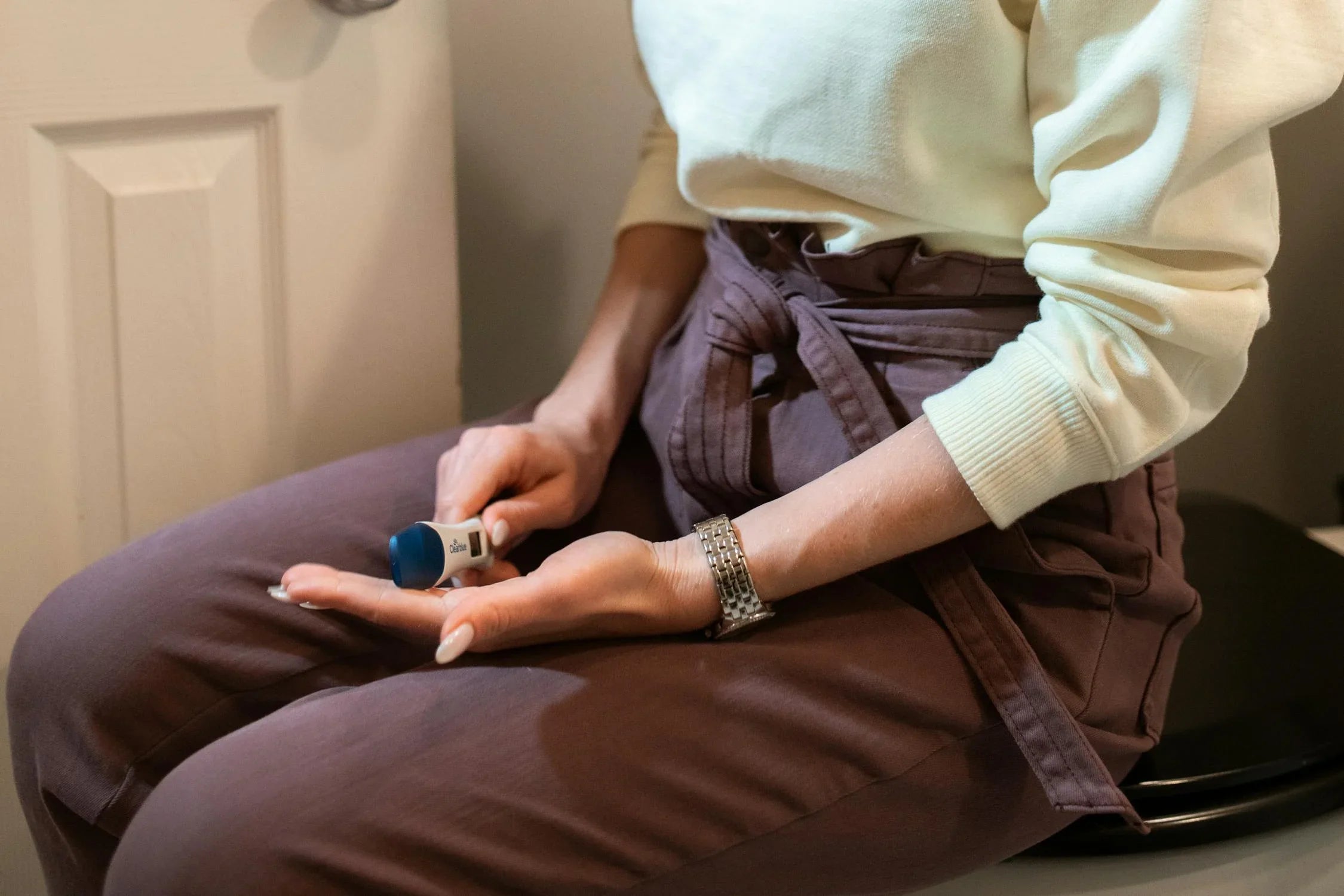Accueil
Pregnancy, Breastfeeding, and Pumping: The Ultimate Guide for Moms
When Is the Earliest a Pregnancy Test Can Detect Pregnancy?

When Is the Earliest a Pregnancy Test Can Detect Pregnancy?
Pregnancy tests are a common tool for women who suspect they might be pregnant. But when is the earliest a pregnancy test can detect pregnancy? The answer depends on several factors, including the type of test used, the timing of ovulation, and the levels of the pregnancy hormone hCG in the body. This article explores the science behind pregnancy tests, the optimal time to take one, and tips for ensuring accurate results.
Understanding How Pregnancy Tests Work
Pregnancy tests detect the presence of human chorionic gonadotropin (hCG), a hormone produced by the placenta shortly after a fertilized egg attaches to the uterine lining. hCG levels rise rapidly in early pregnancy, doubling approximately every 48 to 72 hours. Most pregnancy tests are designed to detect hCG in urine, although blood tests can also measure hCG levels with greater precision.
Types of Pregnancy Tests
There are two main types of pregnancy tests: urine tests and blood tests. Urine tests are the most common and can be done at home or in a clinical setting. Blood tests, on the other hand, are performed in a healthcare provider's office and can detect pregnancy earlier than urine tests. Blood tests are further divided into qualitative tests, which confirm the presence of hCG, and quantitative tests, which measure the exact amount of hCG in the blood.
When Is the Earliest a Pregnancy Test Can Detect Pregnancy?
The earliest a pregnancy test can detect pregnancy depends on the sensitivity of the test and the timing of implantation. Implantation typically occurs 6 to 12 days after ovulation, and hCG production begins shortly afterward. Some highly sensitive urine tests can detect hCG levels as low as 10 mIU/mL, which may allow detection as early as 7 to 10 days after ovulation. However, most standard urine tests require hCG levels of 25 mIU/mL or higher, making them accurate around the time of a missed period.
Factors That Influence Test Accuracy
Several factors can influence the accuracy of a pregnancy test, including the timing of the test, the concentration of hCG in the urine, and the test's sensitivity. Testing too early can result in a false negative, as hCG levels may not yet be high enough to detect. Additionally, diluted urine, such as after drinking large amounts of water, can lower hCG concentration and affect test results. For the most accurate results, it's recommended to use the first-morning urine, which is more concentrated.
Tips for Taking a Pregnancy Test
To maximize the accuracy of a pregnancy test, follow these tips:
- Read the instructions carefully and follow them precisely.
- Use the first-morning urine for the most concentrated hCG levels.
- Avoid drinking excessive fluids before taking the test.
- Wait until at least the day of your expected period to test, or use a highly sensitive test if testing earlier.
- If the result is negative but you still suspect pregnancy, wait a few days and test again.
When to See a Healthcare Provider
If you receive a positive pregnancy test result, it's important to schedule an appointment with a healthcare provider to confirm the pregnancy and begin prenatal care. If you experience symptoms of pregnancy but receive negative test results, consult a healthcare provider to rule out other potential causes or to discuss the possibility of testing too early.
Knowing when is the earliest a pregnancy test can detect pregnancy can help you plan and prepare for the next steps. Whether you're hoping for a positive result or simply seeking clarity, understanding the science behind pregnancy tests and following best practices can ensure you get the most accurate and reliable results.
Partager

